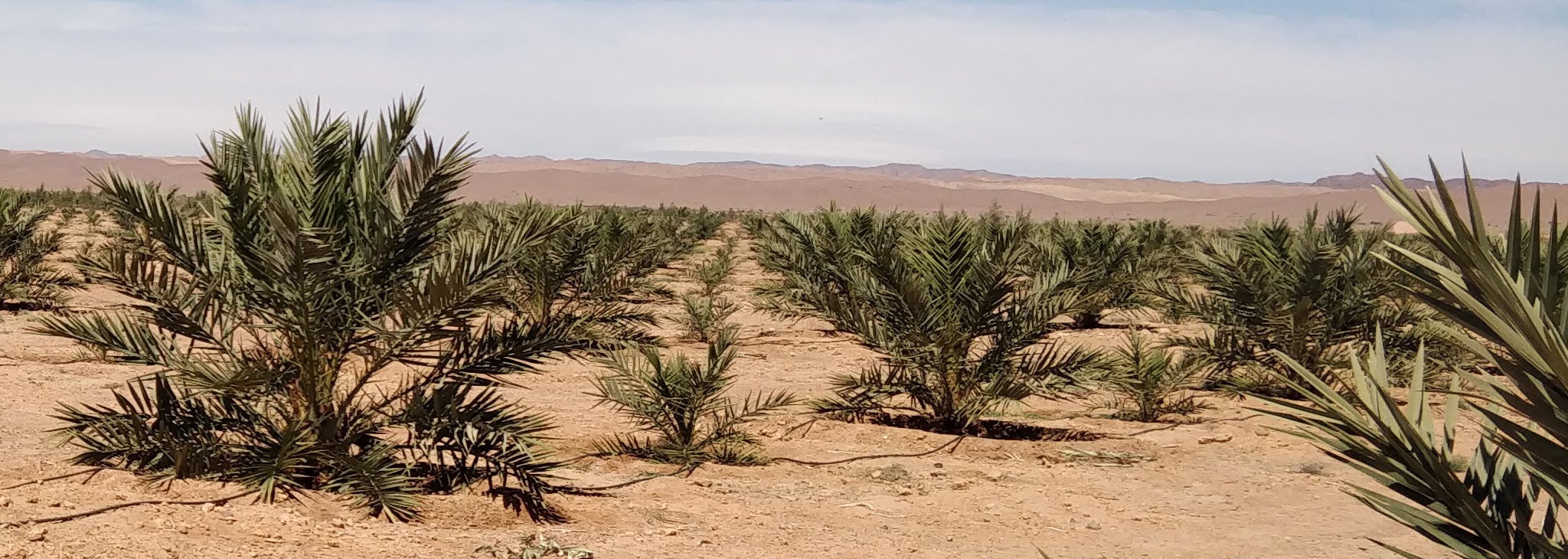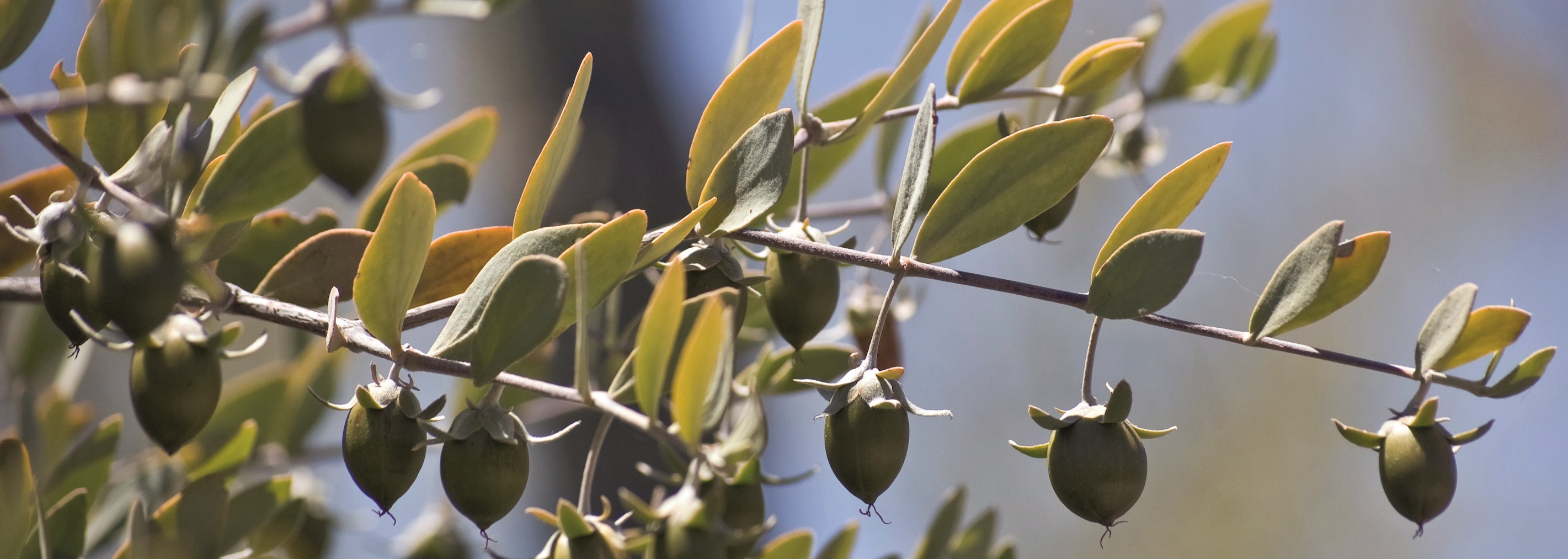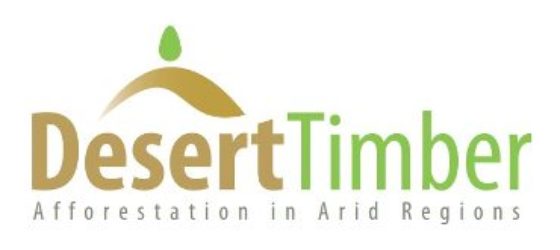Our approach

We have shown that arid regions around the globe offer a large potential for creating new green lungs, tackling climate change and even for recycling water, which is such a scarce resource. With a sophisticated concept, which combines innovative management techniques with scientific knowledge and years of practical experience in afforestation in arid regions, we have proven that this is possible.
Many countries are currently facing severe challenges ranging from the degradation of soil and desertification to food and water shortages for an ever-increasing population. Even more challengingly, over one third of the world’s population lives here, in arid areas. The Desert Timber approach makes use of available resources which have not yet been effectively tapped – desert or arid land and sewage water – in order to plant new forests.

Arid regions offer a huge advantage for planting trees: though characterised by low annual precipitation, trees can grow all-year round as they receive plenty of sunlight. However, this potential is not used. Arid regions, including the largest two subtropical deserts, namely the Sahara (9.1 million square kilometres) in North Africa and the Arabian Desert (2.3 million square kilometres) in the Arabian Peninsula, offer plenty of unutilised land. Arid regions represent a huge potential when it comes to recycling sewage and waste water (e.g.: Egypt 6.7 billion cubic metres of sewage water annually). So far, uncoordinated waste water disposal creates serious hazards for human health and the environment but is above all a dissipation of valuable water resources.
We offer an alternative, by using pre-treated sewage water from municipal facilities in order to set up an irrigation system to grow trees. Sewage water contains a high level of the primary plant nutrients (such as nitrogen and phosphorus), which enhance tree growth – if used properly.
Please contact the Desert Timber team for more information.
